Heart-Healthy Foods: Nourish Your Way to a Stronger Heart
Heart problems have become increasingly common in today's
society, posing a significant threat to our overall well-being. According to
the World Health Organization, cardiovascular diseases are the leading cause of
death worldwide, accounting for an estimated 17.9 million deaths annually.
However, by adopting a heart-healthy diet and lifestyle, we can take proactive
steps to prevent heart problems and promote a stronger heart. In this blog post,
we will explore the power of nutrition in supporting heart health, focusing on
specific foods, cooking techniques, and other essential factors to nourish your
way to a healthier heart.
The Power of Nutrition for Heart Health
Scientific research consistently highlights the significant
role of nutrition in preventing heart problems. A heart-healthy diet provides
essential nutrients that support cardiovascular health, such as fiber,
antioxidants, vitamins, and minerals. Studies have shown that adherence to a
heart-healthy diet, such as the Mediterranean or DASH diet, can lower the risk
of cardiovascular diseases, improve blood pressure and cholesterol levels, and
enhance overall heart function.
Foods for a Healthy Heart
To promote a healthy heart, it's crucial to include specific foods in your diet that provide optimal nutrition.
Fruits and vegetables, for example, are rich in antioxidants, vitamins, and fiber that help reduce inflammation, improve blood vessel health, and lower the risk of heart disease. Research suggests that incorporating berries, leafy greens, and citrus fruits into your meals can provide significant heart health benefits. Whole grains, such as oats and quinoa, are packed with fiber and essential nutrients that support heart health and help regulate cholesterol levels. Lean proteins like fish, skinless poultry, and legumes provide important amino acids, omega-3 fatty acids, and minerals that promote heart health. Here are some standout choices:
A. Fruits and Vegetables:
Berries: Blueberries, strawberries, raspberries, and
blackberries are rich in antioxidants and fiber, which help reduce inflammation
and lower the risk of heart disease.
Leafy Greens: Spinach, kale, Swiss chard, and other leafy
greens are packed with vitamins, minerals, and antioxidants. They are also
excellent sources of dietary nitrates, which can help lower blood pressure.
Citrus Fruits: Oranges, grapefruits, lemons, and limes are abundant in vitamin C, fiber, and flavonoids. These nutrients have been associated with a reduced risk of heart disease and improved heart health.
Tomatoes: Tomatoes contain lycopene, a powerful antioxidant that has been linked to a lower risk of heart disease. Cooking tomatoes enhances the bioavailability of lycopene.
B. Whole Grains:
Whole grains are rich in fiber, vitamins, minerals, and antioxidants. They can help lower LDL (bad) cholesterol and reduce the risk of heart disease.
Consider incorporating the following into your meals:
Oats: Oats are a great source of soluble fiber, which helps
lower LDL cholesterol. They are also rich in antioxidants and can help
stabilize blood sugar levels.
Quinoa: Quinoa is a complete protein and contains
heart-healthy monounsaturated fats. It is also a good source of fiber,
vitamins, and minerals.
Whole Wheat: Opt for whole wheat bread, pasta, and flour
instead of refined grains. Whole wheat products retain more fiber and
nutrients, promoting heart health.
C. Lean Proteins:
Choosing lean sources of protein is important for heart
health. Include the following options in your diet:
Fatty Fish: Fatty fish like salmon, mackerel, sardines, and
trout are rich in omega-3 fatty acids, which have been shown to reduce the risk
of heart disease. Aim for at least two servings per week.
Skinless Poultry: Skinless chicken and turkey breast are
lean sources of protein. They provide essential amino acids without the excess
saturated fats found in poultry skin.
Legumes: Beans, lentils, and chickpeas are excellent
plant-based sources of protein. They are also high in fiber, vitamins, and
minerals, promoting heart health.
Soy Products: Foods like tofu, tempeh, and edamame are
complete protein sources that are low in saturated fat and high in heart-healthy
unsaturated fats.
It's important to create a well-rounded diet that includes a variety of fruits, vegetables, whole grains, and lean proteins. Aim for balance and diversity in your food choices to maximize the nutritional benefits for your heart health.
Cooking Techniques for Heart-Healthy Meals
The way we prepare our meals plays a vital role in maintaining heart health. Opting for cooking techniques that retain the nutritional value of foods and minimize added fats and sodium is crucial. Grilling, baking, steaming, and stir-frying with minimal oil are excellent choices for heart-healthy cooking. Research suggests that these methods help preserve the nutrient content of foods while minimizing the formation of harmful compounds. Flavoring meals with herbs, spices, and citrus juices instead of salt reduces sodium intake without sacrificing taste.
Supplements and Heart Health
While a well-balanced diet is the foundation of heart health, some individuals may benefit from specific supplements. Omega-3 fatty acids have been extensively studied for their cardiovascular benefits, including reducing the risk of heart disease and arrhythmias. Coenzyme Q10 (CoQ10), a naturally occurring compound in the body, supports heart muscle function and may help manage certain heart conditions.
Plant sterols, found in fortified foods or as supplements, can lower LDL cholesterol levels. However, it's essential to consult with a healthcare professional before starting any supplements to ensure they are appropriate for your individual needs.
Other Lifestyle Factors for Heart Health
A heart-healthy diet is just one aspect of maintaining
optimal heart health. Regular physical activity, stress management, and
adequate sleep are equally crucial. Engaging in moderate-intensity exercises
like brisk walking or cycling for at least 150 minutes per week can help
improve heart function and reduce the risk of cardiovascular diseases.
Implementing stress-reduction techniques, such as mindfulness meditation or
deep breathing exercises, can contribute to better heart health by reducing
stress hormone levels. Additionally, prioritizing sufficient sleep is linked to
a lower risk of heart disease and improved cardiovascular function.
Conclusion
By making conscious choices to incorporate heart-healthy foods, cooking techniques, and lifestyle habits, you can nurture your heart and reduce the risk of heart problems. Remember that small, sustainable changes can have a significant impact on your overall well-being. Nourish your way to a healthier heart by embracing a diet rich in fruits, vegetables, whole grains, lean proteins, and healthy fats. Combine these dietary choices with regular physical activity, stress management, and adequate sleep for optimal heart health. Take control of your heart's well-being today, and enjoy the benefits of a stronger, healthier heart tomorrow.

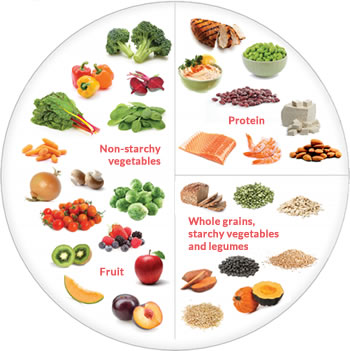
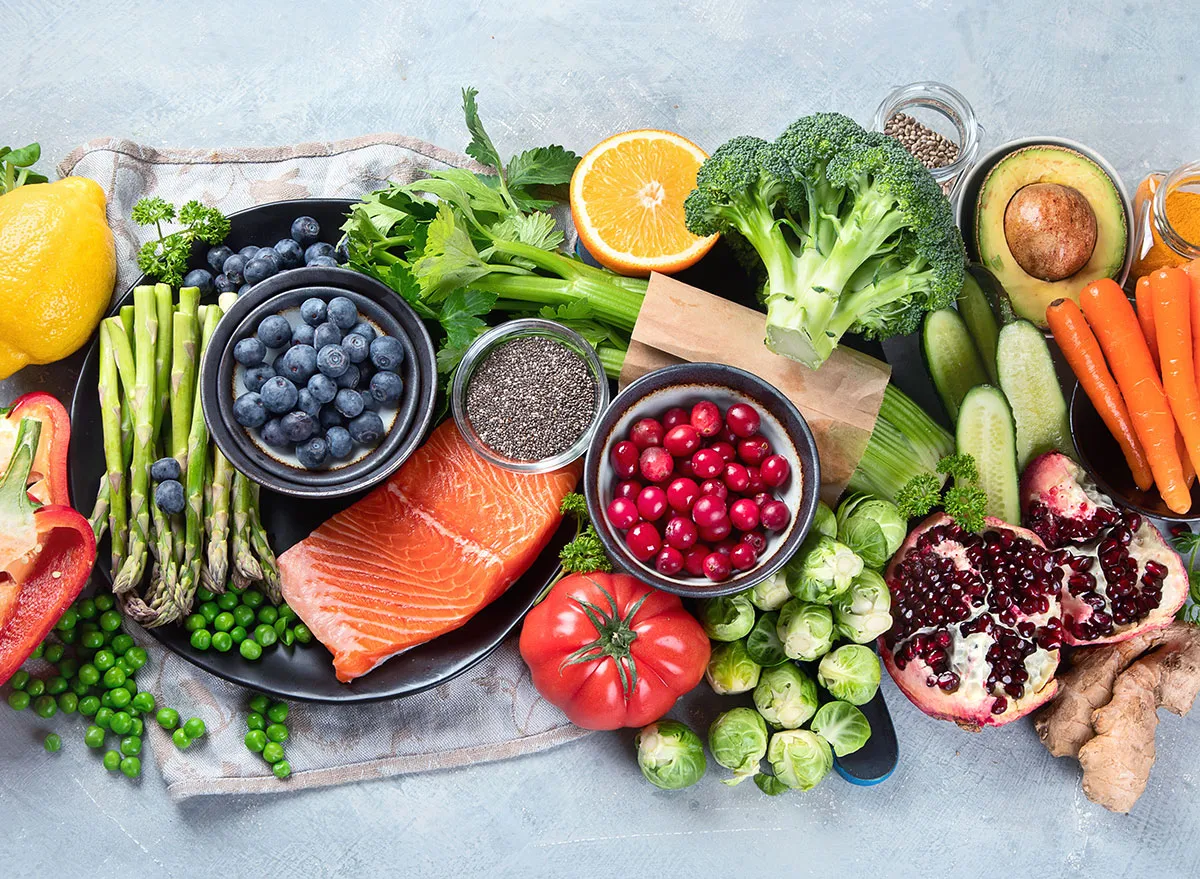


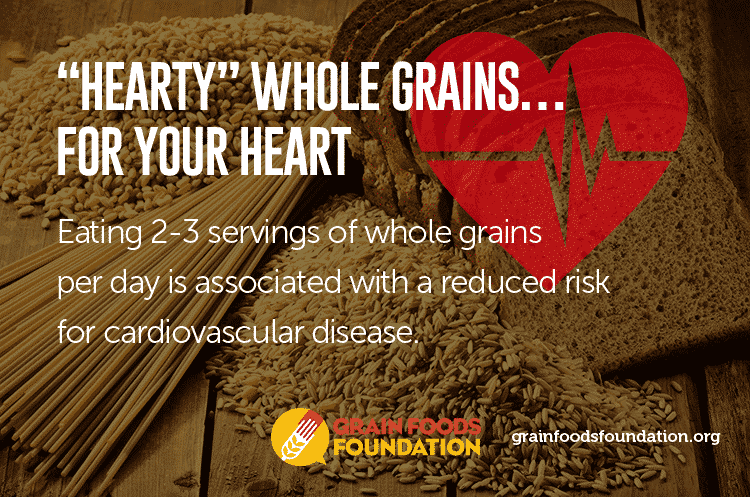

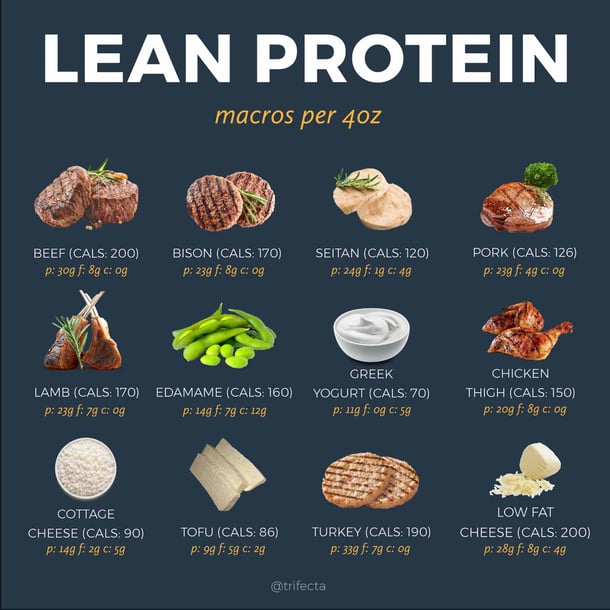

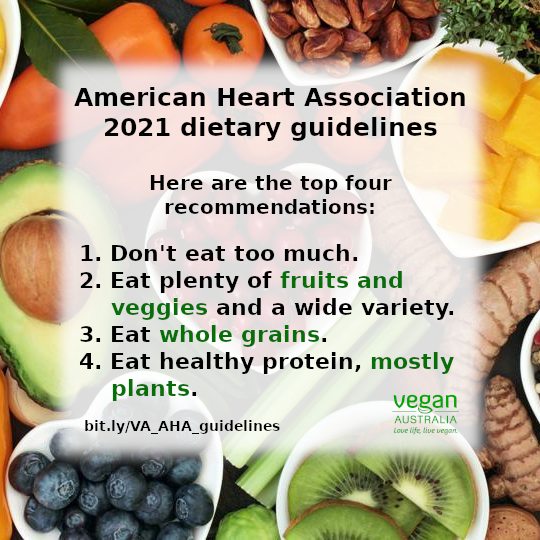
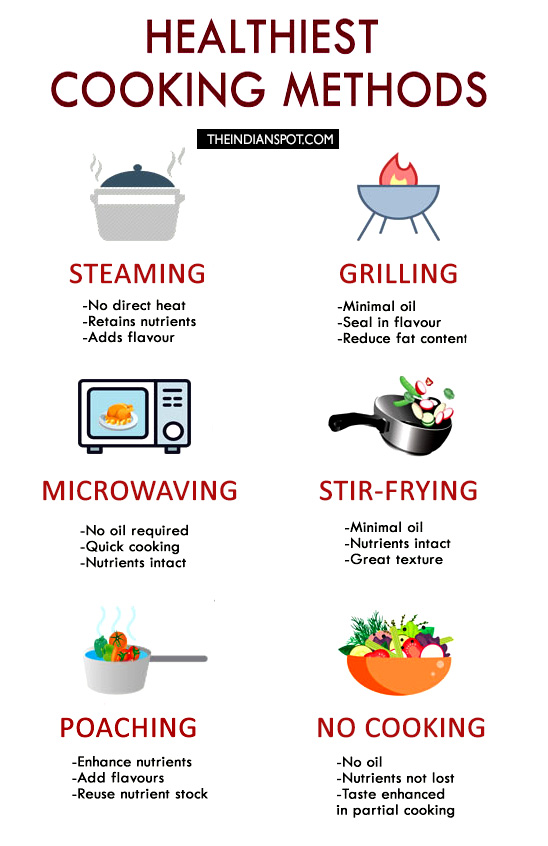

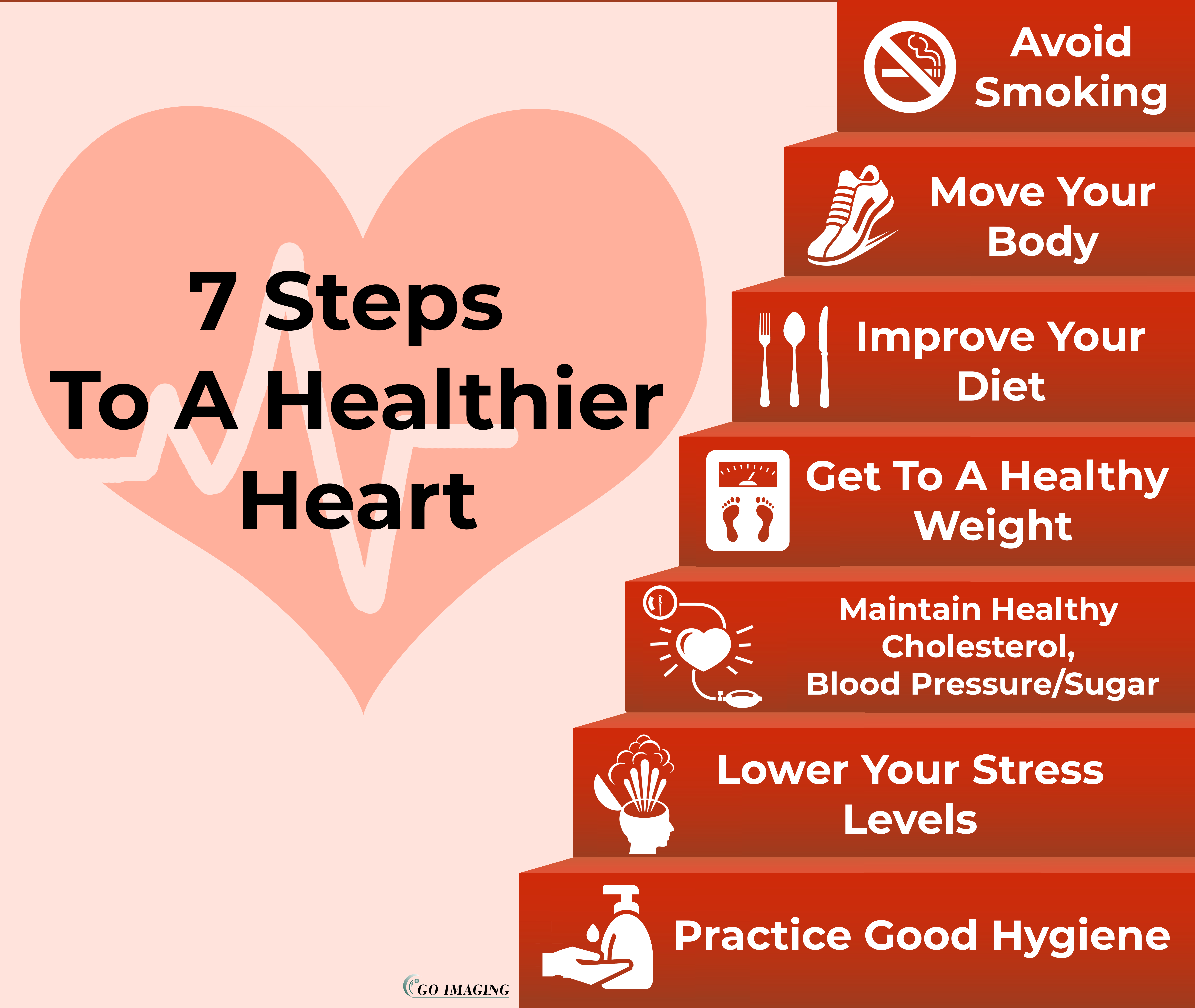

Comments
Post a Comment